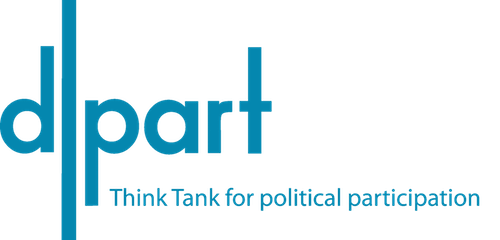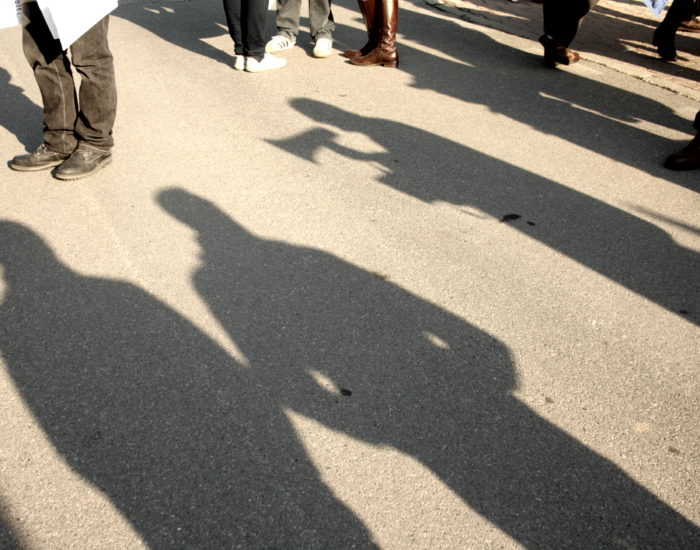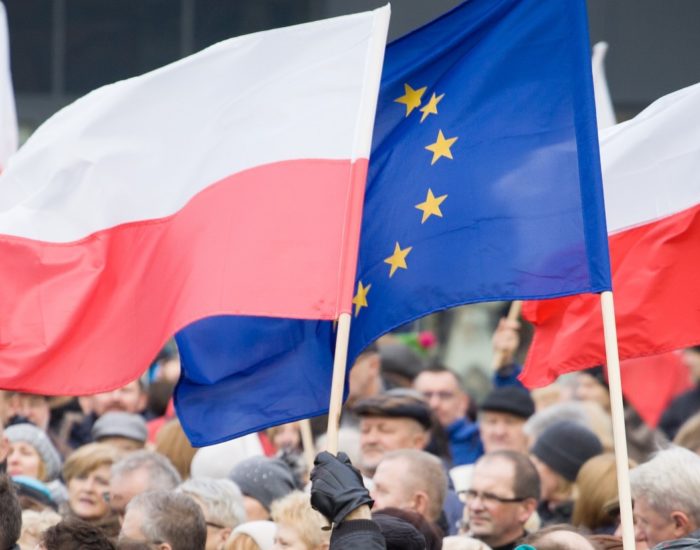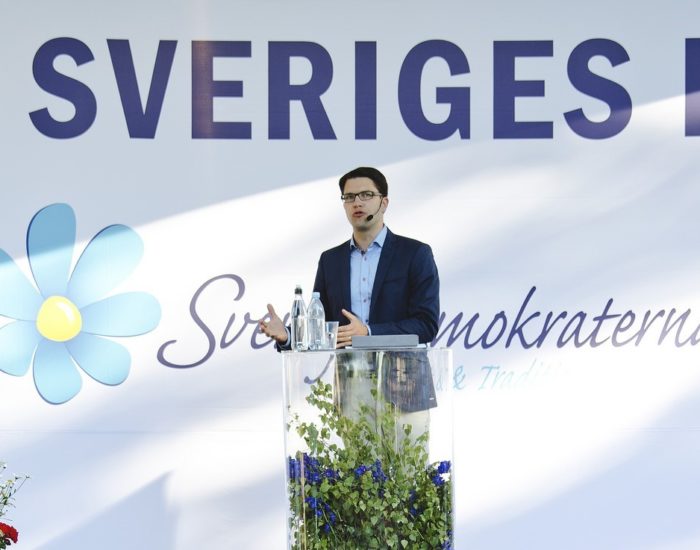Going European: The Need for Reining In the Anti-EU Right
by Gaelike Conring.
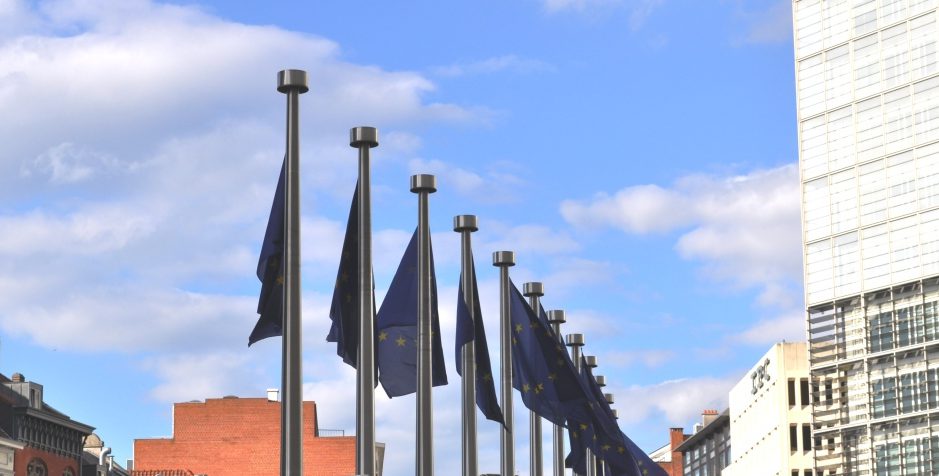
In an unprecedented move Marine Le Pen and Geert Wilders last week announced their cooperation going into the European parliamentary elections due in 2014. Their widely reported announcement gave anti-EU sentiment a face, even in countries without anti-EU political movements. For those identifying with their anti-EU stances, but still slightly queasy about casting a vote for the far right, it may well have removed that last little bit of reservation.
Without a doubt it marks a significant shift in the strategy of anti-EU rightwing parties which have most recently gained traction due to the economic hardship brought about by the debt crisis. In a break with the past, ideology takes a backseat to the cause of providing a political home for the discontented, giving these parties distinctly national flavors. Before last week’s announcement, this has made it hard for them to agree on policies at a supranational level. Still, some obstacles persist. For example, The United Kingdom Independence Party (UKIP), though interested in cooperating, will not join citing the anti-Muslim sentiment perpetuated by the Front National as the deal breaker. The Alternative for Germany (AfD) is trying hard to strip its image off any associations with the far right.
Nevertheless, established parties should take this move seriously. The politics of the debt crisis have heightened perceptions of unelected and democratically unaccountable bureaucrats determining the future of the European Union and its citizens. At least in part, this democratic deficit is rooted in the absence of politicians giving EU politics a face. Nationally, political confrontations and disagreements are carried out and resolved in debates between politicians, making the public privy to the public policy process. When it comes to EU politics, national leaders appear to be weak and at the behest of faceless bureaucrats in Brussels. In the absence of politicians giving a face to the EU and becoming politically accountable, the EU as a whole becomes the opponent, thus putting into question the European project each and every time when the going gets rough.
Understanding the dangerous void created by the impersonal nature of EU politics, Martin Schulz, a candidate for the Social Democrats, has moved to turn the parliamentary elections into a contest of finding a successor for Jose Manuel Barroso, the President of the European Commission due to step down next year. Taking the cue, the Greens are letting their members decide who should become their contender for the EU top job. The European Conservatives, currently the strongest power in parliament, remain unsure about their next move. Removing the choice of President of the European Commission from the realm of inter-party horse-trading and placing it squarely in the hands of the EU populace would renew a sense of democratic accountability, thereby rendering baseless the allegations of the anti-EU right.
Of course, symbolic acts need to be followed by legislative changes aimed at closing the democratic deficit. But with anti-EU parties taking a sizeable chunk of the publicity related to next year’s election, it is high time for the established parties to quit posturing and start publically countering the charges levelled at the EU by the radical fringes.
–
Gaelike Conring is an Affiliate at d|part.
Disclaimer
The views and opinions expressed in this article are those of the author.
